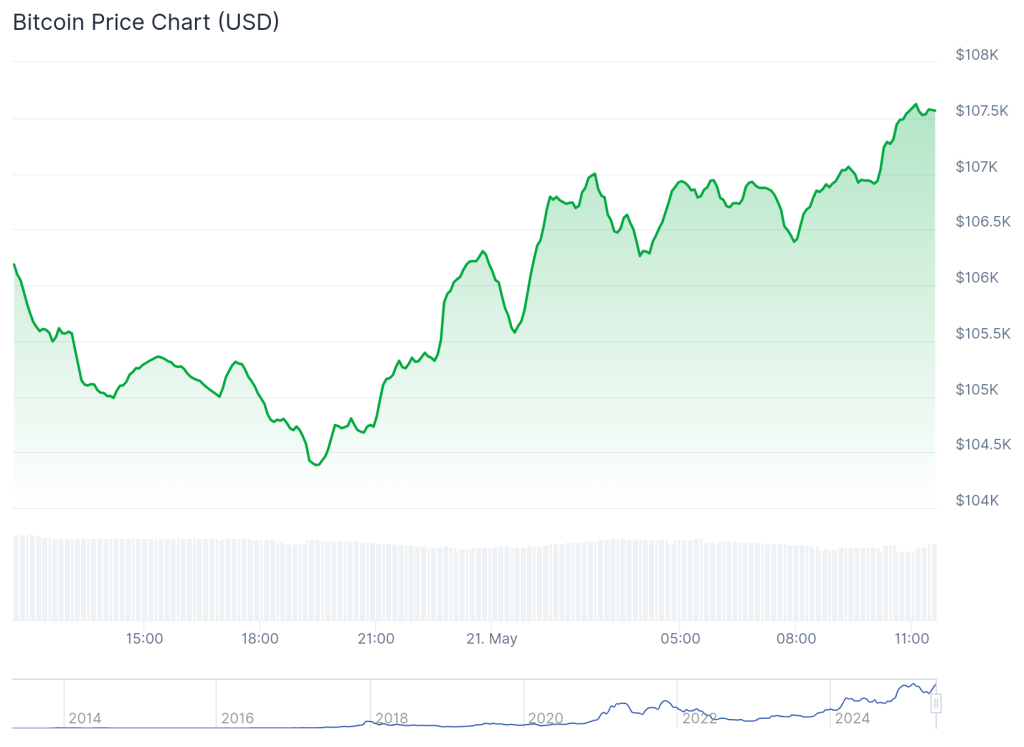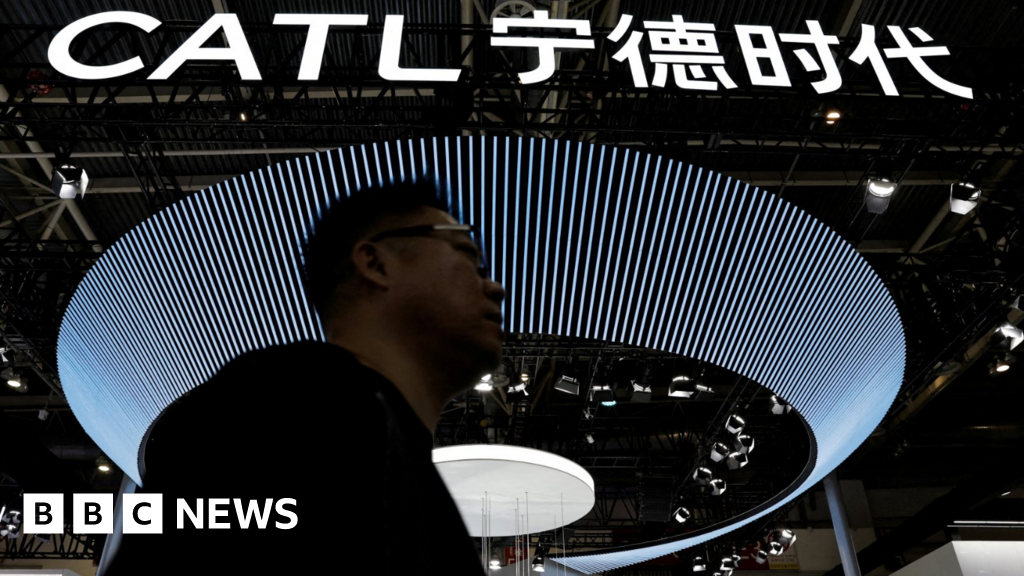Since President Trump’s inauguration on Jan. 20, it seems that many people—particularly the chattering classes—have suddenly become experts in international trade. Mr. Trump’s tariffs have spawned a litany of what economist David Henderson termed “do-it-yourself economics.” These are economic ideas that reflect the intuitive notions of laypeople and owe nothing to the ideas generated by trained economists and the economics profession. Not surprisingly, Henderson concluded that the gap between the notions of do-it-yourself economics and orthodox economics is widest in the sphere of international trade.
This gap is evident in the current brouhaha over trade and tariffs, particularly in the two opposing camps: those responsible for formulating the administration’s trade agenda (Mr. Trump and his cabinet) and those critiquing it (primarily commentators and journalists). The result of this dynamic is not only that the Trump administration has enacted wrongheaded trade policies, but also that the opposition to these policies is largely ineffective or irrelevant. Both camps are engaged in do-it-yourself economics.
The misconceptions emanating from both camps stem from one common oversight: Neither Mr. Trump nor his detractors have familiarized themselves with the savings-investment identity, a basic yet crucial mechanism that governs the magnitude of a country’s trade balance. Indeed, by definition, a country’s trade balance is governed entirely by the gap between its domestic saving and domestic investment. If a country’s domestic saving is greater than its domestic investment, like China’s, it will register a trade surplus. Likewise, if a country has a savings deficiency, like the United States, it will register a trade deficit. The United States’ negative trade balance, which the country has registered every year starting in 1975, is “made in the USA,” a result of its savings deficiency. To view the trade balance correctly, the focus should be on the domestic economy.
As it turns out, one of us, Hanke, analyzed the United States’ large and persistent trade deficits and found that they are primarily driven by its large and persistent fiscal deficits at the federal, state, and local government levels. In other words, in the aggregate, there is a savings deficiency in the United States, and this savings deficiency comes from the public sector—the U.S. private sector actually generates a savings surplus. This aggregate gap between savings and investment is filled by foreign imports of goods and services, resulting in an easy-to-finance capital inflow surplus and a trade deficit.
Armed with the basic truth of the savings-investment identity, we now turn to Mr. Trump’s camp. Mr. Trump and his advisors believe that the United States’ trade deficit is the result of foreigners ripping off and taking advantage of the United States. Indeed, Uncle Sam is characterized as being a victim of unfair trade practices. This characterization is clearly wrong on two counts. First, the trade deficit is not caused by foreigners; rather, it is homegrown, the result of choices made by Americans (in the aggregate) to invest beyond what they save.
Second, the trade deficit is not necessarily harmful. It instead appears to be a privilege extended to Americans by foreigners willing to invest in U.S. assets. This is a symbiotic relationship: Americans get cheap access to capital, while foreign governments and institutions get a safe place to park their money and earn a return.
When it comes to trade policy, the Trump administration’s detractors are just as lost as the White House. A recent high-profile article in the New York Times—“‘Totally Silly.’ Trump’s Focus on Trade Deficit Bewilders Economists,” contains an indicative summary of what journalists and commentators have to say about trade deficits. There’s just one little problem with the article and its respondents: No one ever explicitly mentions the true source of the trade deficit, which is elucidated by one of the most basic identities in economics. The identity tells us that if savings are less than investment, the gap must be filled by a trade deficit.
Both Mr. Trump’s cabinet and those criticizing his policies have a fundamental misunderstanding of what drives the U.S. trade deficit. As a result, the trade debate has turned into a futile filibuster, highlighting the dangers of do-it-yourself economics. It’s time to go back to the basics.
Steve H. Hanke is a professor of applied economics at the Johns Hopkins University and the author, with Leland Yeager, of Capital, Interest, and Waiting. Caleb Hofmann is a research scholar at the Johns Hopkins Institute for Applied Economics, Global Health, and the Study of Business Enterprise.
The opinions expressed in Fortune.com commentary pieces are solely the views of their authors and do not necessarily reflect the opinions and beliefs of Fortune.
Read more:
- How to restore confidence in the U.S. dollar—and why it’s faltering in the first place
- Trump’s tariffs are not ‘common sense’—and they’re putting America’s credibility and ‘exorbitant privilege’ at risk
This story was originally featured on Fortune.com
Credit: Source link









